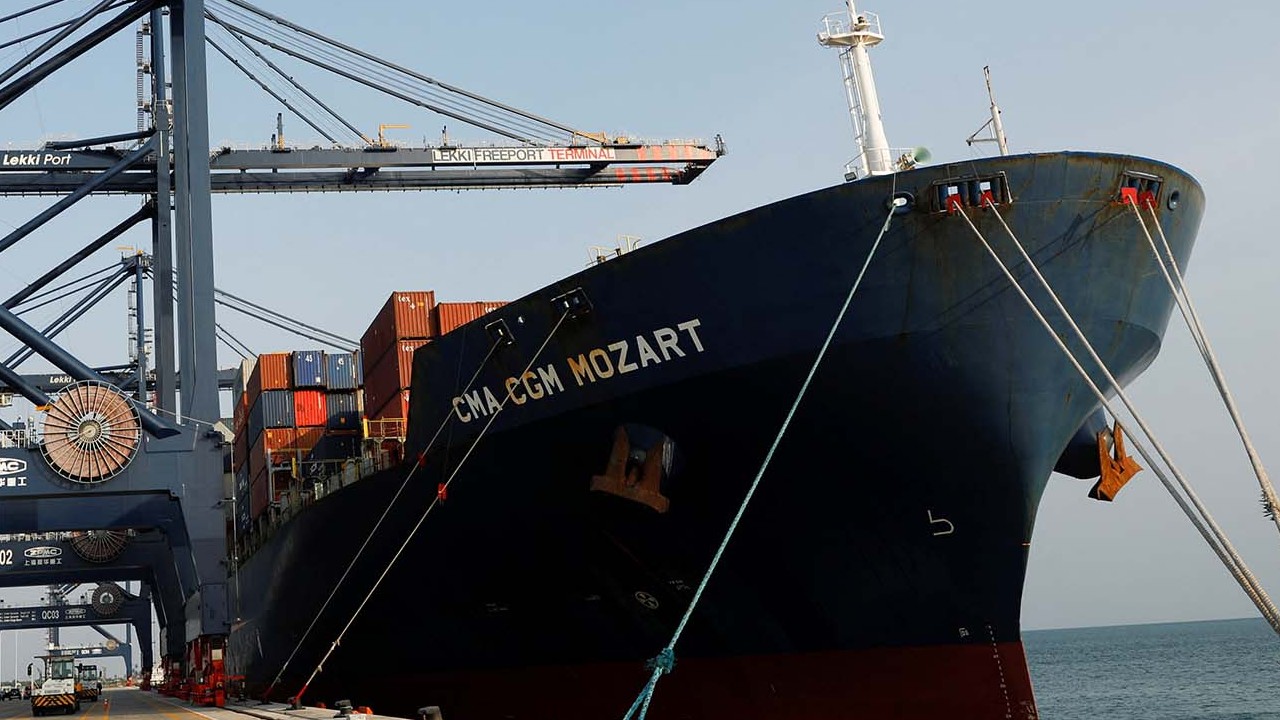Advertisement
Why Chinese players are taking private stakes in Africa’s new megaprojects
- Ports in Nigeria and Cameroon illustrate how Chinese firms are shifting to ‘integrated investment, construction, and operation’ model
- Chinese financing and investment in big African infrastructure projects under belt and road fell to a historical low last year
Reading Time:5 minutes
Why you can trust SCMP
2

Lekki Deep Sea Port in Nigeria is among new megaprojects in Africa showing how the Chinese government lending boom is gradually being replaced by the commercial project market.
Advertisement
Observers say Chinese firms are shifting from a model that limited them to engineering, procurement, construction plus finance to now taking stakes in running the infrastructure once it is built in a model known as integrated investment, construction, and operation (IICO).
IICO is now commonly used in Chinese discussions on public-private partnerships (PPPs). It refers to a long-term contract which usually entails the design, financing, construction, operation and, in certain cases, toll collection of an asset.
It also comes in the form of build-operate-transfer (BOT), build, own, operate, transfer (BOOT) and build-own-operate (BOO) contracting.
The approach is being promoted by Beijing and is behind new projects such as the Lekki port in Lagos and phase 1 of Port of Kribi in Cameroon. The Kribi port was financed by China Eximbank and contracted to China Harbour Engineering Company for construction and which later joined as a minor shareholder in the port operation joint venture.
Advertisement
Another example is the 27km (16-mile) Nairobi Expressway built and financed by the state-owned China Road and Bridge Corporation for US$668 million. The firm will recoup its investment by charging toll fees for three decades before transferring ownership to the Kenyan government.

Advertisement
